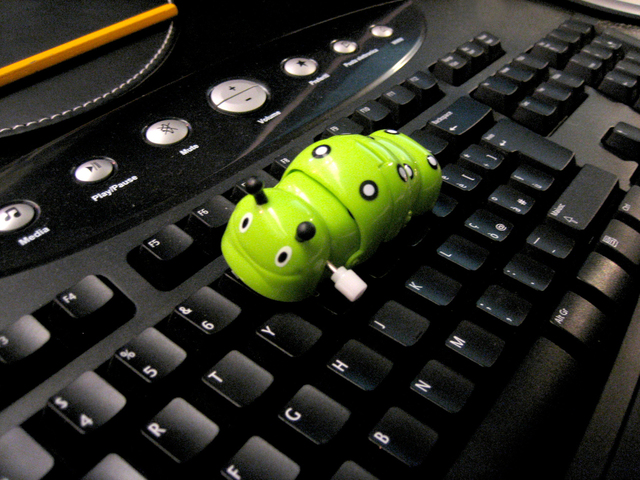
Or the Ika-tako virus, which replaced your files and programs with pictures of squid. Or the Elk Cloner virus, which told you a little poem: Trolling by software, computer code graffiti… The earliest computer viruses were essentially programmers playing around, like the (maybe, probably) first one, known as the Creeper virus back in 1971, which displayed the message “I’m the creeper, catch me if you can!”. They are manufactured, often with great care, intentionally targeting computers, systems and networks.īut what are these viruses used for? For fun Unlike the bio variety, computer viruses don’t just “happen”. Why do people make viruses, and what do they do? Altough some devices like phones and iPads are not likely to get a virus, they are not immune to other threats. Strictly speaking, Trojans, ransomware, etc, are not computer viruses, though many people use the shorthand “virus” to refer to malware in a general sense. To recap, viruses are just one of several kinds of malware out there. Ransomware: this malware variety hijacks files (and sometimes an entire hard drive), encrypts them, and demands money from its victim in exchange for a decryption key (which may or may not work, but it probably won’t).Īdware: this exceedingly irritating kind of malware floods victims with unwanted ads, and opens up vulnerable security spots for other malware to wiggle its way in. Worms: this malware type targets entire networks of devices, hopping from PC to PC. Spyware: with examples such as keyloggers, this kind of malware is designed to spy on users, save their passwords, credit card details, other personal data and online behavior patterns, and send them off to whoever programmed it. Trojans: like the ancient wooden horse full of attackers it takes its name from, this malware pretends to be harmless legitimate software, or comes embedded in it, in order to trick the user and open up the gates for other malware to infect a PC. Here are some of the other, most common kinds:

Computer viruses are just one kind of malware (mal-icious soft- ware). Not every piece of software that attacks your PC is a virus. Viruses are unique from other forms of malware in that they are self-replicating - capable of copying themselves across files or other computers without a user's consent.īasically, they are really contagious. Looking for an essay-friendly definition? Here it goes:Ī computer virus is a program or piece of code designed to damage your computer by corrupting system files, wasting resources, destroying data or otherwise being a nuisance.

A computer virus definition, Wikipedia-style


 0 kommentar(er)
0 kommentar(er)
